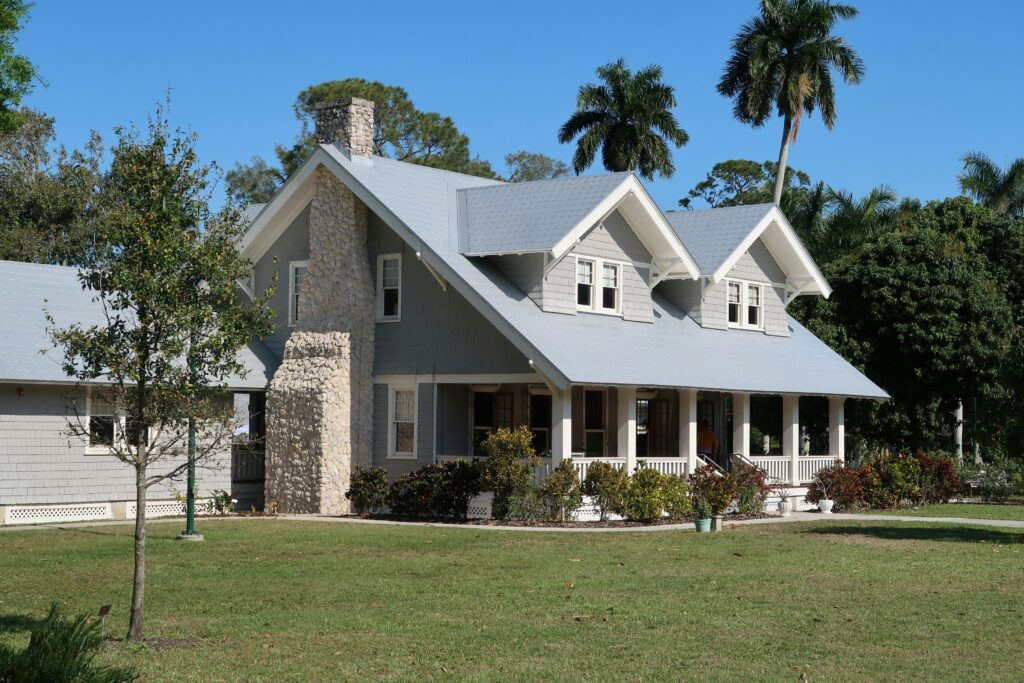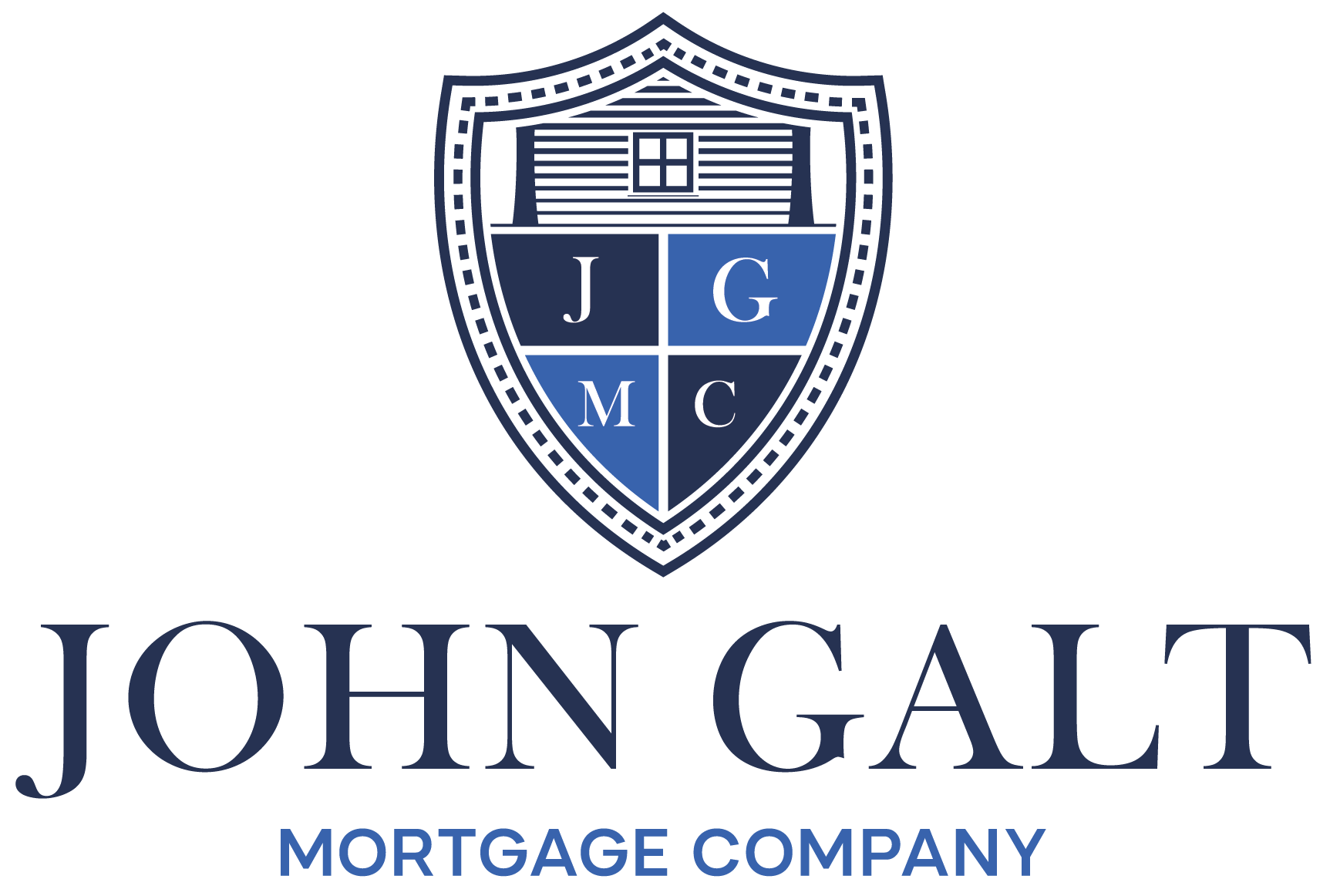
While it might come as a shock — in this economy!? — people are still buying homes. Mortgage rates may be astronomical, but some homebuyers will not be stopped.
So, who’s buying anyway? And how are they making it work?
Here’s a hint: It’s not millennials. (They’ve really gotten the short end of the stick in this market.)
In fact, it’s baby boomers who are dominating the homebuying arena.
To understand this trend, we need to acknowledge the current state of the housing market. (Spoiler: It’s not pretty.)
We’re looking at two things:
- High mortgage rates (the average 30-year fixed-rate mortgage is nearly 7% right now)
- High home prices (the median price was over $400k in February)
This economic climate has made it especially difficult for younger buyers to make any headway. They simply can’t afford to purchase property, which, if left unchecked, will eventually produce everything from untenable rental costs to elderly housing instability.
(Don’t even get us started. We wrote more about the long-term plight of millennials here.)
But for now, many millennials are relying on personal savings for down payments — and the results are grim. Rising home prices and mortgage rates are reducing millennial buying power every day, forcing them out of the market.
Baby boomers, on the other hand, generally have some home equity to leverage, often from property they’ve owned for decades. They can make large down payments or even buy in cash, which makes rising mortgage rates less problematic for them.
For our statistics lovers, note that 26% of buyers are younger boomers (age 60-69), while 16% are older (age 70-79). This likely has to do with:
- Life transitions that happen in our 60s (like retirement, downsizing, moving closer to family, etc.)
- Those in their 60s are usually more mobile, which helps when they’re relocating
- Younger boomers tend to be in a stronger financial position, having more recent earnings
- A 60-year-old might expect to live in their new home for 20+ years, which is motivating
- Many in their 70s already moved in their 60s and aren’t excited to do it again
So, what does all of this mean for the housing market?
Because boomers are dominating the scene, they get to shape the types of homes that are in demand. These are often single-level or in low-maintenance communities.
As a result, first-time homebuyer activity has slowed — and this is just the beginning. Going forward, wealth gaps are expected to widen as homeownership is pushed further and further into the future.
This begs the question: What can we do to level the playing field for millennials?
As usual, it all comes back to basics:
- Getting rid of restrictive zoning laws, red tape, and permits to make building new homes faster and more affordable
- Reducing inflation by getting the government out of the way and allowing the free market to work its magic
- Freeing up lending and capital innovation to solve financing gaps
- Teaching financial literacy — because people need to know how to invest in real estate
It’s not that we want boomers to stop buying homes. In fact (we’re kind of biased, but) we want everyone to buy.
Ultimately, homeownership shouldn’t depend on your age; it should be a product of opportunity.
If we want to restore that opportunity for millennials and younger generations, we need fewer regulatory barriers and more room for creativity.
We need to let the market work.
That’s how we keep the American dream alive. Not through government intervention, but via freedom and competition.



